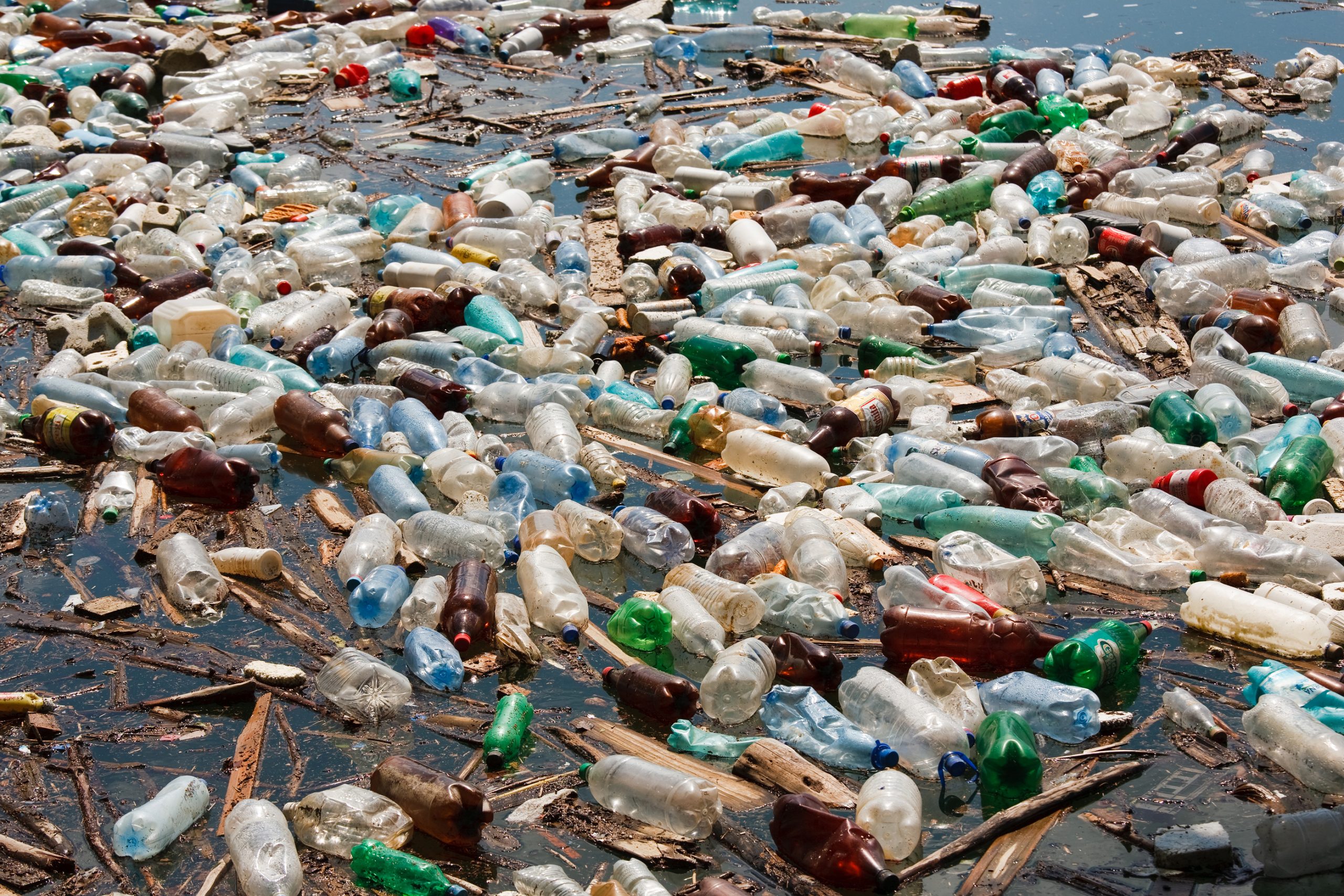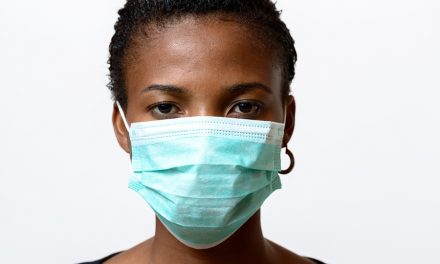An accidental discovery is showing promise in our fight against the plastic that is taking over and polluting our world. In 2016, “a bacterium that had naturally evolved to eat plastic was discovered at a dump in Japan”1 and scientists have now “revealed the detailed structure of the crucial enzyme produced by the bug.”2
“The international team then tweaked the enzyme to see how it had evolved, but tests showed they had inadvertently made the molecule even better at breaking down the PET (polyethylene terephthalate) plastic used for soft drink bottles.
The mutant enzyme takes a few days to start breaking down the plastic – far faster than the centuries it takes in the oceans. But the researchers are optimistic this can be speeded up even further and become a viable large-scale process.”3
RELATED STORY:
Every minute about 1 million plastic bottles are sold worldwide (when I said plastic was taking over, I wasn’t kidding) and since only about 14% is recycled most of it ends up in our waterways, harming marine life and people who eat seafood. However, even for the 14% of plastic that is recycled, the best that can happen is that it’s turned into opaque fibers for clothing or carpets. With this discovery, we may be able to take clear plastic bottles and recycle them back into clear plastic bottles, thereby eliminating the need to create new plastic.
RELATED STORY:
“The new research, published in the journal Proceedings of the National Academy of Sciences, began by determining the precise structure of the enzyme produced by the Japanese bug. The team used the Diamond Light Source, near Oxford, UK, an intense beam of X-rays that is 10bn times brighter than the sun and can reveal individual atoms.
The structure of the enzyme looked very similar to one evolved by many bacteria to break down cutin, a natural polymer used as a protective coating by plants. But when the team manipulated the enzyme to explore this connection, they accidentally improved its ability to eat PET.”4
Now, it was only a “modest improvement” at 20% but that let them know that the enzyme wasn’t fully “optimized.” For instance, if the team could transplant the mutant enzyme into an “extremophile bacteria” that could survive temperatures above 70C (where PET changes from a glassy to a viscous state) the enzyme might be able to degrade 10-100 times faster than it can right now.
Prof John McGeehan, at the University of Portsmouth, UK, who led the research said, “What we are hoping to do is use this enzyme to turn this plastic back into its original components, so we can literally recycle it back to plastic. It means we won’t need to dig up any more oil and, fundamentally, it should reduce the amount of plastic in the environment.” 5
RELATED STORY:
However, Professor Adisa Azapagic, from the University of Manchester, urged caution saying, “A full life-cycle assessment would be needed to ensure the technology does not solve one environmental problem – waste – at the expense of others, including additional greenhouse gas emissions.”6
Much research is still needed but if we could get to the point where we greatly reduced our use of plastic and then had this little bug eat up the rest, we might be able to save our planet and ourselves.












